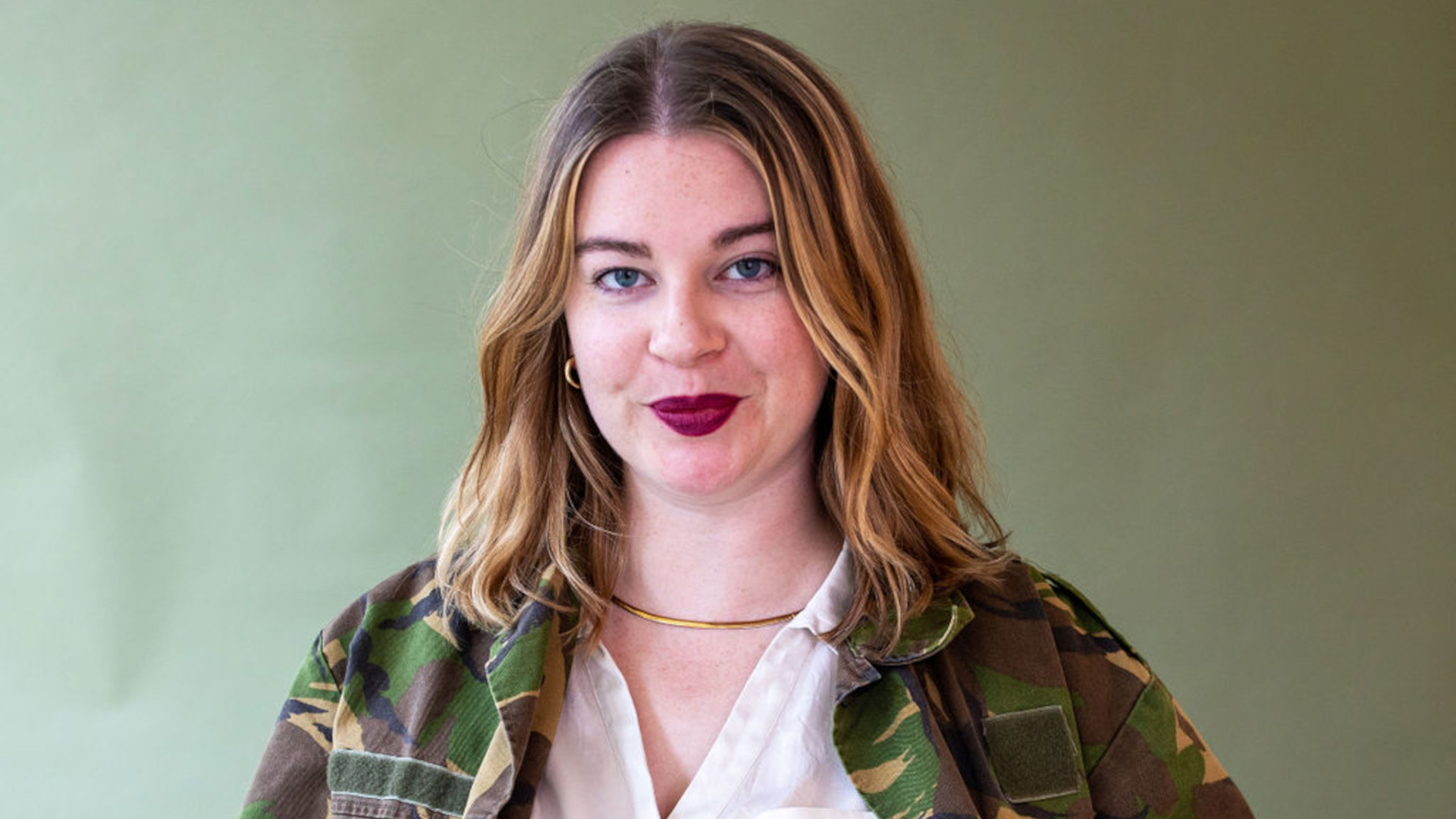
When you picture someone who’s great at managing money, you might imagine a sharply dressed professional juggling stock portfolios and offshore accounts while shouting, “Sell! I said sell!” into a phone. Or perhaps you think of someone who’s always had a natural talent for finances and who’s free from emotional baggage around spending, saving or planning.
Find Out: How To Build Wealth in 2025: 10 Smart Steps That Work
Learn More: These Cars May Seem Expensive, but They Rarely Need Repairs
But the truth is, financial wellness isn’t just about numbers — it’s about mindset. Anyone can improve their relationship with money, though it could require more emotional work than you would expect.
For financial expert Tori Dunlap — founder of Her First 100k, author of ‘Financial Feminist,’ and host of the Financial Feminist podcast — building wealth starts with understanding your personal money story. That journey begins by revisiting your earliest financial memories and unpacking the beliefs they’ve shaped.
Keep reading to learn how better understanding your money mindset can go a long way toward improving your finances.
Understand Your Life Story With Money
Dunlap’s earliest money memories are positive, which boded well for her financial future. On her podcast, she recalled being a theater kid obsessed with the musical Annie. When the show came to her town, she begged her parents for tickets and they told her that it was fine, as long as she saved up enough money for her ticket.
Young Dunlap was so excited to save every cent she could, dreaming of the day she’d watch the lights come up on stage. However, on their way to the show, she realized she’d left her money at home. She was distraught, thinking that they’d have to turn back. Fortunately, her parents had no interest in giving her a hard-knock life. Even though she didn’t have her money with her — and her piggy bank wouldn’t have truly covered the cost of the show — they took her anyway.
The lesson wasn’t really about saving enough to cover the cost of a Broadway production; it was about learning to save for the things she wanted. This lesson in working toward financial goals set as a precedent that Dunlap could apply to future financial successes like making on-time credit card payments, paying off high-interest debts and funding retirement accounts.
Of course, not everyone has such loving early memories surrounding money. Dunlap acknowledged this, adding that some early memories — such as hearing your parents fight about money or going without necessities — can convince you that your lot in life is to struggle with money. If you think your story around spending money is defined by hardship, you might find yourself unconsciously re-enacting patterns that affirm that belief.
Read Next: The No. 1 Way Americans Become Millionaires Is Pretty Boring — and Easy To Do
Money Can Have Family Trauma Attached
Your parents are the first people who teach you how to handle money — even if it’s only by example. While Dunlap benefited from parents who handled money responsibly and encouraged her to do the same, not everyone can say that.
If your parents were prone to overspending or missing payments, you might model the same behavior. Conversely, you might become so conservative about saving that you avoid taking even healthy risks, like investing, that could grow your wealth.
Understanding how your family’s financial management style, or lack thereof, has shaped your behavior can help you identify and change unproductive habits. When seeking a financial advisor, look for a professional with experience helping people navigate financial trauma.
You can search for trauma-informed financial counselors online or use resources like the Financial Therapy Association to find someone with whom you feel comfortable working. They can help you with personal finance issues like help with estate planning, mutual funds, real estate investments, 529 college savings plans or questions about increasing your income.
Journal Your Way to Financial Clarity
Dunlap encouraged listeners to explore their relationship with money by following a structured journal prompt: Reflect on how your first money memory impacted you, and ask yourself if you manage money the same way your family did. From there, you can start a broader money diary.
Whether you prefer to use your phone or go old-school with a notebook, write down every single purchase you make over two weeks. Dunlap insisted that you truly record every purchase. After listing the total for each item or experience, describe how it made you feel. Use words, emojis or even drawings — anything that articulates how you feel about what you’ve bought. Starting this journal will not only bring greater clarity to your spending habits, but it will also reveal the emotional urges they fulfill.
Final Take To GO
Tapping into your earliest money memories might not be the easiest thing to do, but it can help you understand the experiences that have shaped your financial behaviors. According to Tori Dunlap, unpacking those memories and unraveling family patterns around finances can help you heal your relationship with money and set yourself on a path to financial well-being.
Caitlyn Moorhead contributed to the reporting for this article.
More From GOBankingRates
- 7 McDonald's Toys Worth Way More Today
- 4 Companies as Much as Tripling Prices Due To Tariffs
- Are You Rich or Middle Class? 8 Ways To Tell That Go Beyond Your Paycheck
- 7 Luxury SUVs That Will Become Affordable in 2025
This article originally appeared on GOBankingRates.com: Tori Dunlap Reveals How To Break Free From Toxic Money Habits







